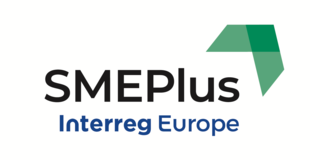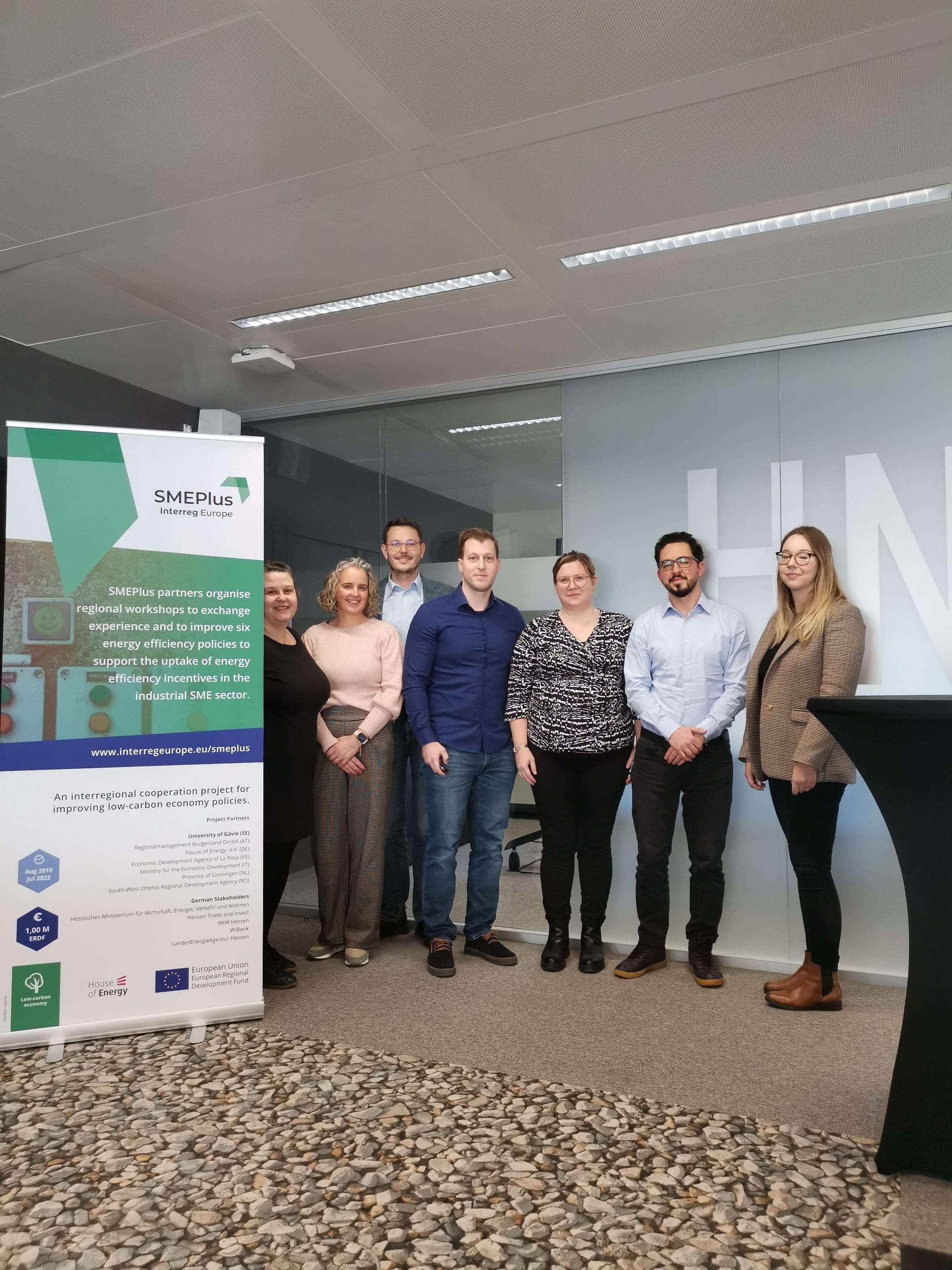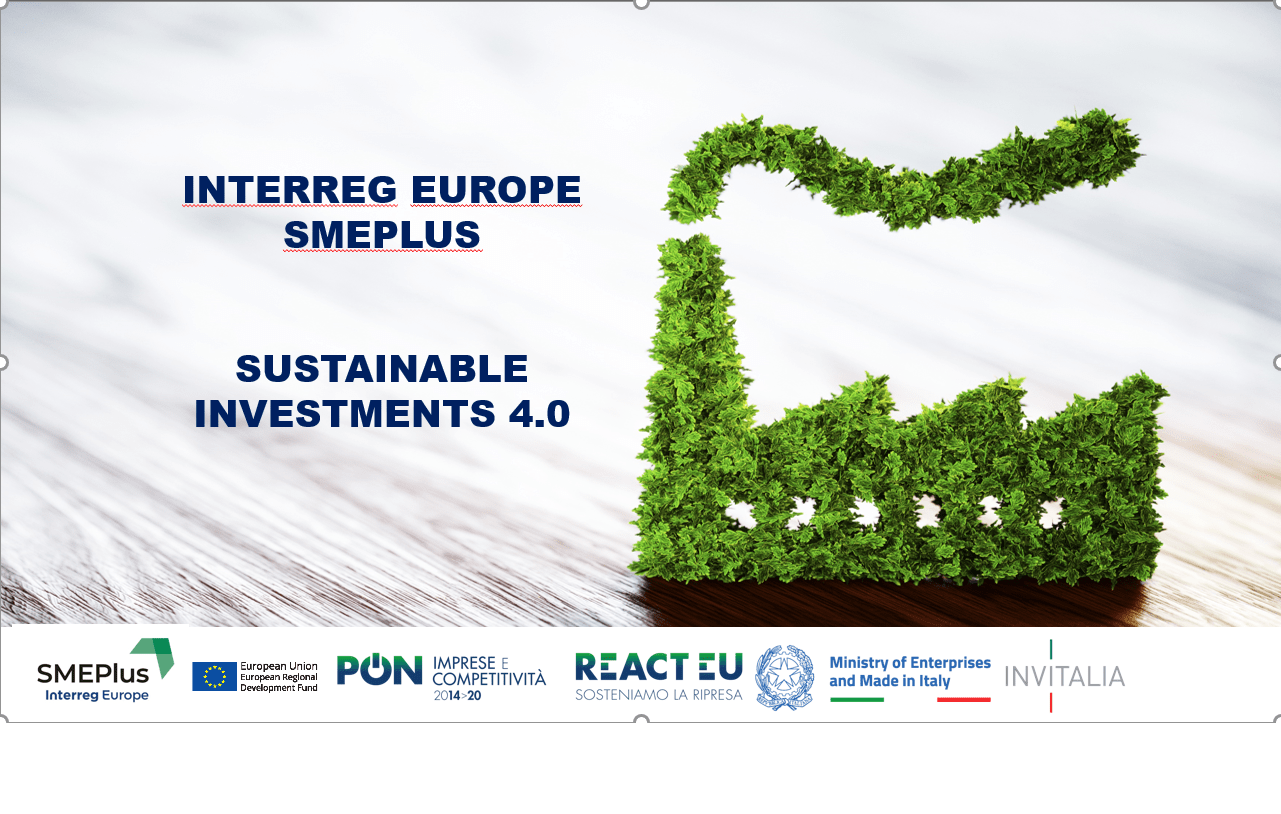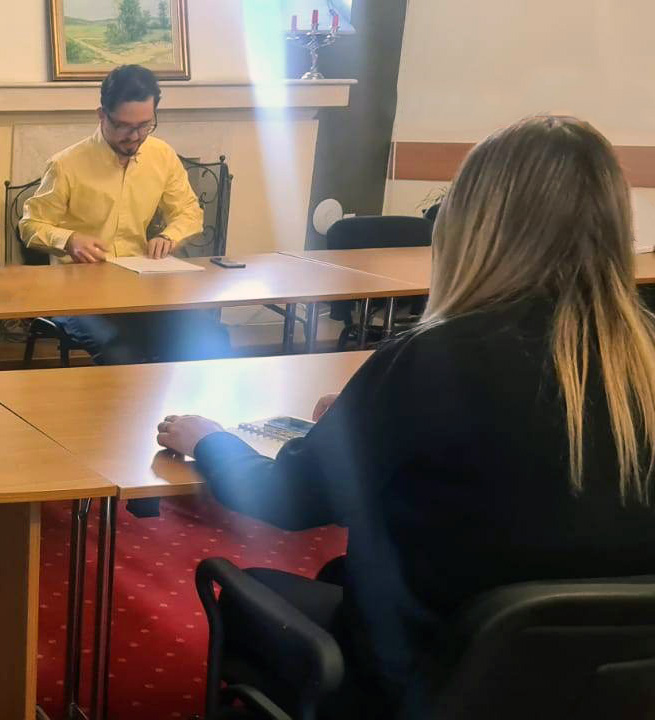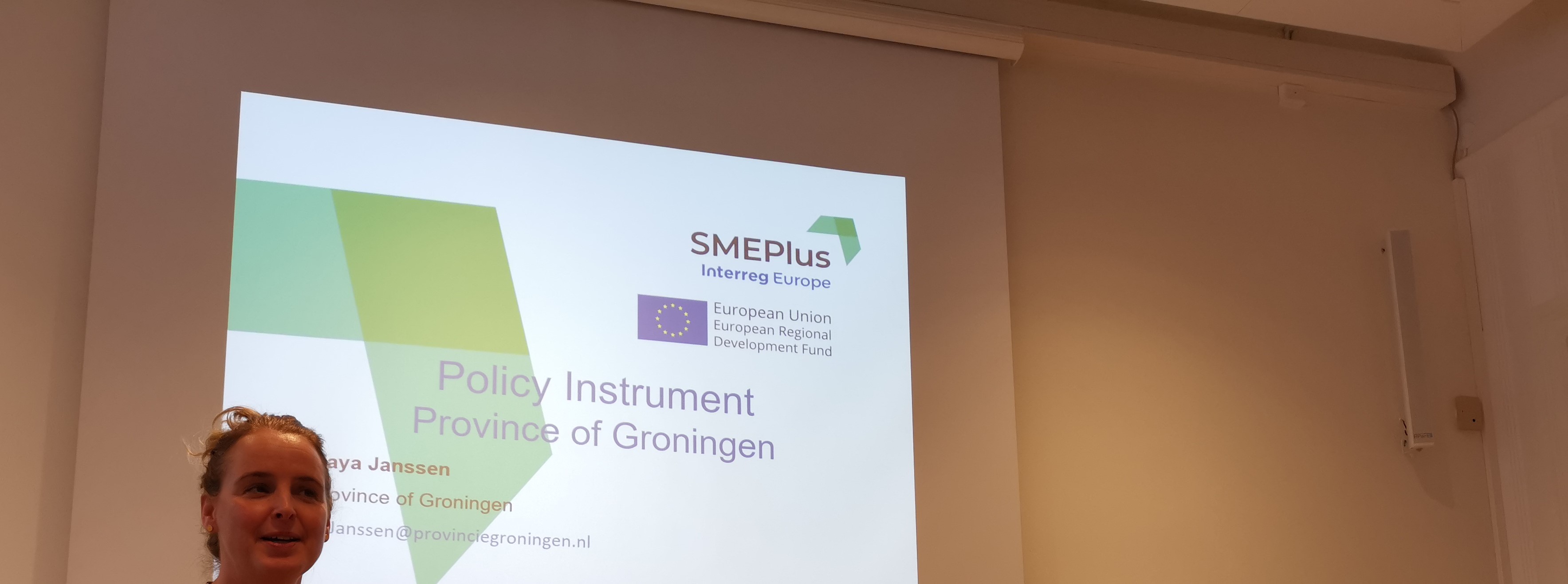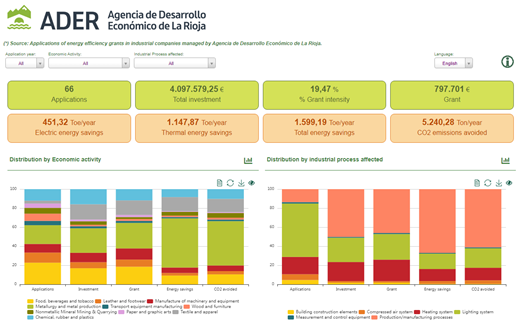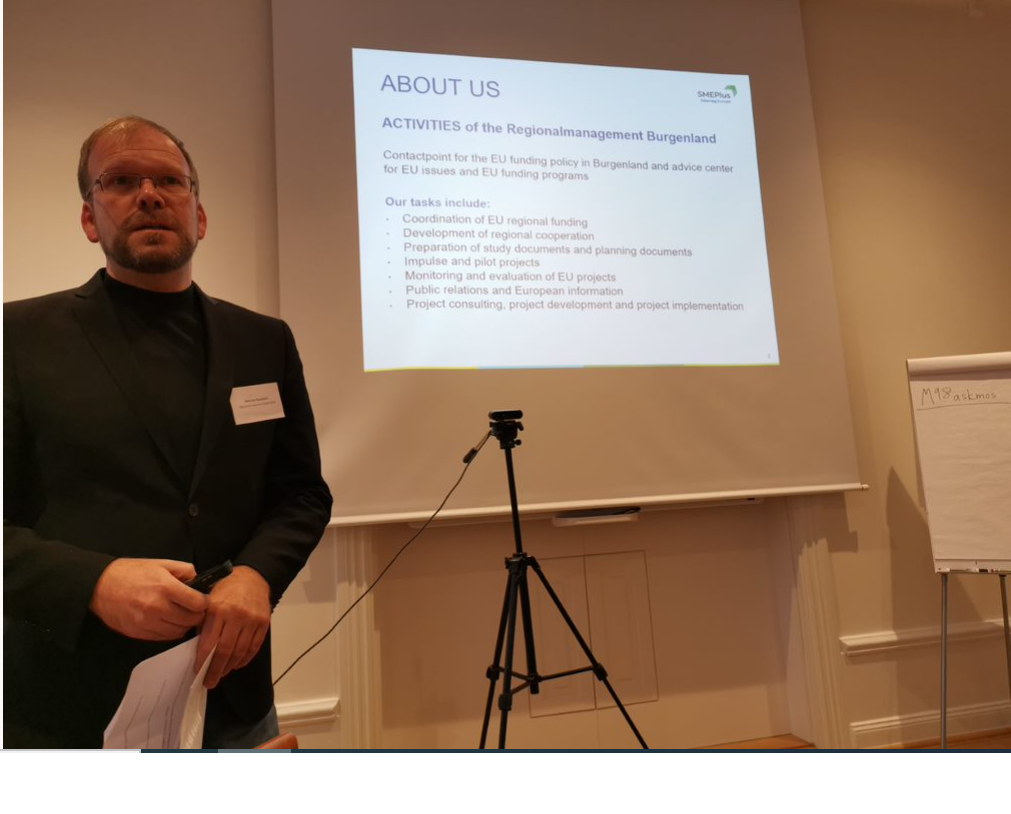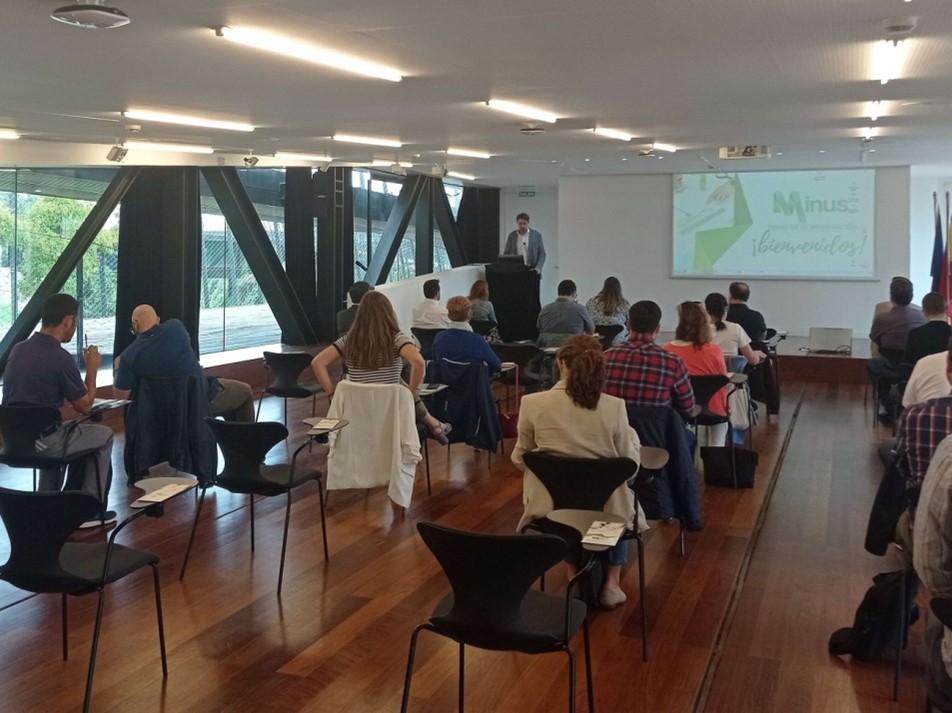| Ms Barbara Gatto is the Head of Environmental Policy Department at CNA, Italian Confederation of Craft Trades and Small- and Medium-Sized Enterprises. The CNA represents artisans, business owners, professionals, the self-employed and small and micro businesses in the tourism, services and industrial sectors. | |
SMEPlus: Why is energy saving important for industrial SMEs?
Barbara Gatto, CNA: Investing in energy efficiency measures is essential for SMEs to cut energy related production costs. A small Italian company pays 8x more for energy than its European competitors: an onerous fixed cost that contributes to a loss of competitiveness & growth. This is where the tendency of SMEs to make their production processes more efficient and to invest in the self-production of renewable energy has arisen over the years, an attitude that has succeeded in maturing into a culture of sustainability, thanks also to the continuous awareness-raising and support that CNA has always given its members.
SMEPlus: Why is energy saving important for your region?
Barbara Gatto: Italy has a better energy intensity than the EU average, due to its temperate climate and fairly sober household consumption habits. But also, due to the efforts made over the years to improve the efficiency of production activities and, lastly, in the key sector for the national economy such as construction. But there is still much to be done to reach the national energy efficiency targets, made even more challenging by the recent European Climate Act.
SMEPlus: What are the benefits of energy saving, besides lower energy costs?
Barbara Gatto: Energy saving investments make it possible to make the production process more efficient also in terms of wear and tear of the machinery and the maintenance of the plants. These interventions, in the medium term, improve the quality of the company's production cycle.
SMEPlus: Does energy efficiency have an impact on the public image of an industrial SME?
Barbara Gatto: The interest of SMEs in energy efficiency was mainly born out of a practical need, but over time it has turned into a greater awareness on environmental & sustainability issues, also driven by a greater demand for green goods & services. Businesses have grasped this demand from users and are responding well, aware that being attentive to the rational use of resources and the environmental impact of their activities improves their image to the outside world and opens up new market opportunities. We believe that, in strengthening national policies on energy sustainability, the role of the consumer should be addressed to a greater extent, as his or her behaviour is fundamental to pushing the market towards greener and quality consumption, capable of enhancing the value of small Italian businesses.
SMEPlus: Can good practices be exchanged and implemented in different EU regions and countries?
Barbara Gatto: Exchanging ideas and projects is always a good idea. However, this may be easier between countries with similar characteristics in their economic or production system.
SMEPlus: What are the main incentives for SMEs to invest in energy efficiency measures?
Barbara Gatto: Italy has many instruments to support investments in energy efficiency, aimed at both the public and private sectors. At the moment, Italian SMEs can only benefit from a part of these instruments, which in general have not been formulated at SME level. These companies still face difficulties, especially in the start-up phase of the investment, either because of the complexity - including bureaucracy - of the instruments or because of difficulties in accessing credit. For this reason, it would be useful to revise these instruments to make them more accessible and precisely "SME-friendly", and the Interreg project is certainly an appropriate opportunity to point out the critical points to be removed.
SMEPlus: What are the most efficient energy measures implemented in your region?
Barbara Gatto: Among the tools that Italy has provided to support energy efficiency, the most successful have been the tax measures for the energy upgrading of buildings that citizens can access. A tool that has supported the 'home' sector and increased employment. It is precisely these measures that have been further strengthened in order to accelerate the trajectory towards national targets in this area.
SMEPlus: What measures from other regions could be implemented in your region?
Barbara Gatto: I find interesting the measures taken in some countries to provide SMEs with free public tools to carry out energy audits in their own facilities. This is a tool that would allow companies, particularly the smallest ones, to know the energy characteristics of their company and to act accordingly to improve its performance. At the moment, this is something that is missing in Italy and that SMEs badly need.
